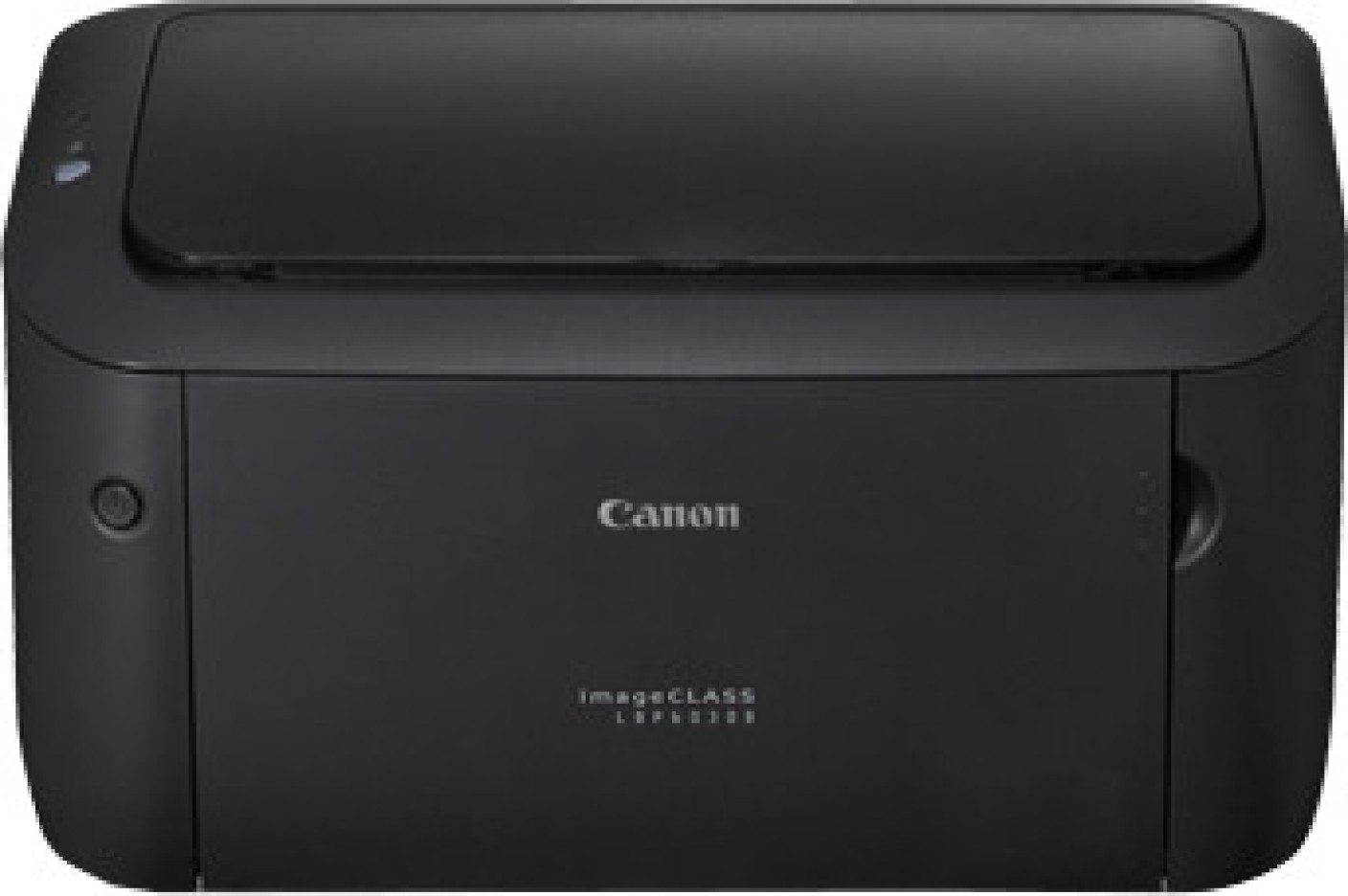
Duke frequently speaks of himself in the third person, as if he’s the Incredible Hulk about to smash the club up.

While most Memphis revivalists opt for the haunted tongue-twisting of Lord Infamous, Duke Deuce feels more influenced by the pitter-patter flows of Project Pat, a goofy court jester and absolute unit as much as he is a slick-talking player of the game.

The No Limit-like iconography carries over into the packaging: the futuristic cover by KD Designz, with green plastic army men, Duke’s head fashioned into a nuclear bomb, and his constant and iconic “What the FUUUUUCK!” ad-lib rendered as an explosion song titles like “Army” and “Soldiers Steppin” music videos themed around buck boot camp drills and Nukem-inspired video game levels. “Soldiers Steppin” opens with the ten-hut chants of a platoon before Duke commands you to march, with a finger in your face like R. His relentless beats often sound like military marches, timpanis thumping in-between trap hi-hats, and DUKE NUKEM appropriately has an army theme. In the same way that Duke Nukem was a pastiche of action movies past, Duke Deuce draws himself a cartoon persona out of old Southern rap tropes.
#Ess allegro duke nukem pro
Some of Nukem’s most infamous catchphrases are quotes from Bruce Campbell in Army of Darkness and Rowdy “Roddy” Piper in They Live and the atomic action figure and his bleach-blonde flat-top are physically modeled after Dolph, Van Damme, and pro football player turned failed action star Brian “The Boz” Bosworth. Nukem retrofitted 1980s action for Generation X, combining the hard bodies of Schwarzenegger and Stallone with an ironic, Simpsons-like smarm and the transgressive, tongue-in-cheek edge of the Attitude Era. Deuce enlists features from artists outside West Tennessee but still keeps his homegrown sound strictly in the family, as generations of Memphis rappers have done-Juicy J and Project Pat are brothers, after all, and early major label signee Gangsta Pat learned the tools of the music trade from his father Willie Hall, percussionist for Isaac Hayes and Stax Records.ĭuke’s album title references the iconic video game character Duke Nukem, who alongside Doom and Wolfenstein solidified the first-person shooter as one of gaming’s hegemonic genres. Most of Nitty’s credits stem from the turn-of-the-millennium, but at the encouragement of his son, the elder Duke has returned to beat-making.

He grew up in the studio alongside his father, Duke Nitty, a producer for the likes of former Three 6 member Gangsta Blac and Nasty Nardo during the true underground days. Duke, born and bred in Blackhaven, came of age during his city’s most mainstream moment-the era of “Stay Fly” and Yo Gotti’s prolific mixtape run-but his connection to his hometown’s rap goes beyond mere fandom.


 0 kommentar(er)
0 kommentar(er)
